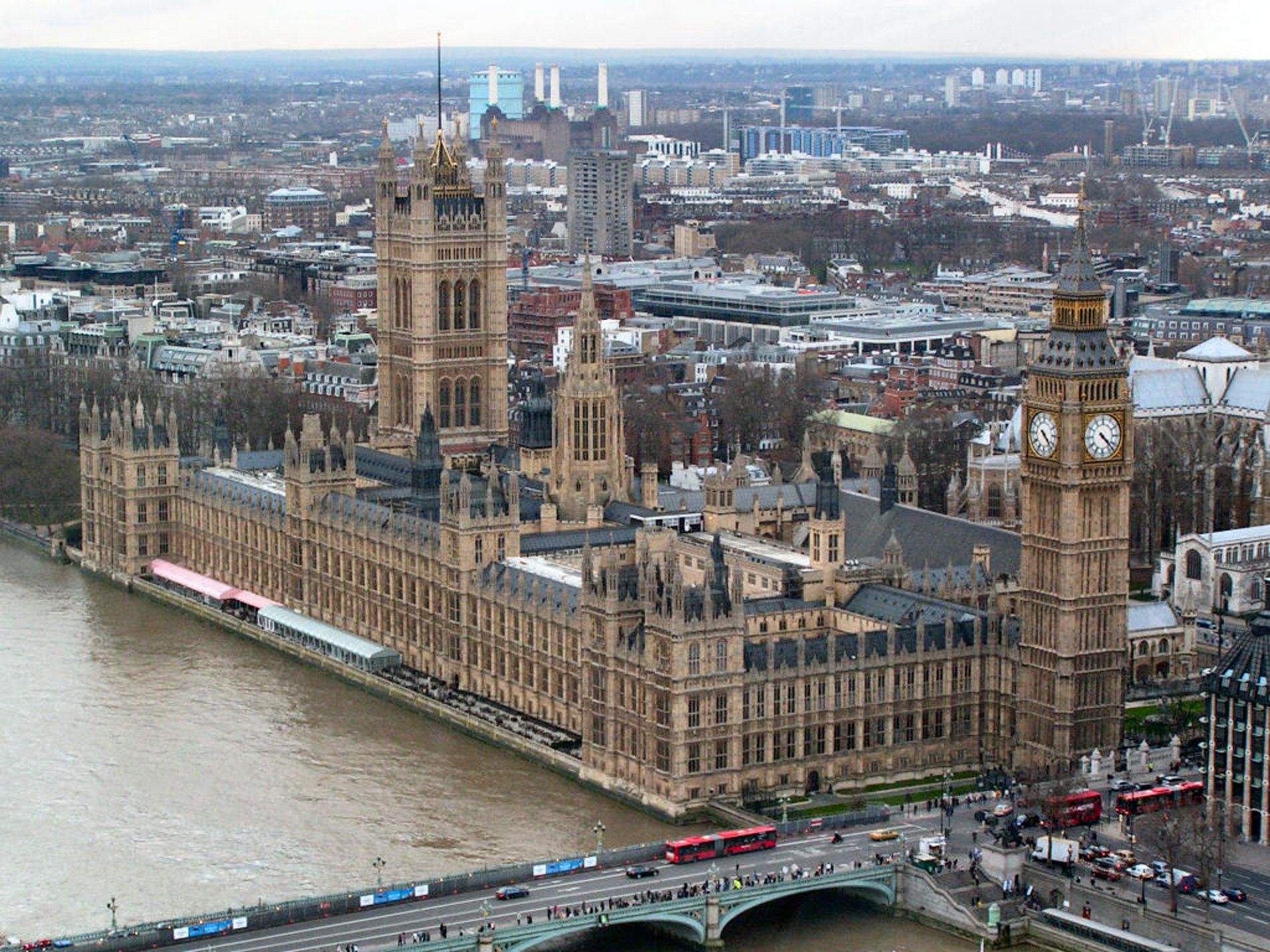Westminster is ever more attentive to the Catalan independence process. This afternoon there will be a meeting of the All-Party Parliamentary Group on Catalonia to debate the 1st October referendum with politicians and specialists and the library of the House of Commons, the lower chamber of the British Parliament, has published a report on the referendum. In it, it informs members of Parliament that, unlike the 2014 unofficial referendum, "it looks as if [this time] the Generalitat [Catalan government] will go ahead and call it a binding referendum".
The report was written by the chamber's research service which provides MPs and their teams with impartial information and briefings. The 11-page long report, published on 31st August, suggests that it is "quite likely" that the turnout for the referendum will be similar to 2014 although the Catalan government will call it binding regardless. Nonetheless, it also says that Madrid will dismiss the vote as unlawful and, if the turnout is low, as insignificant.
The document also gives a brief overview of the historical context for the independence movement, explains the current situation, explains the arguments on both sides and discusses the Referendum Law that is expected to be passed by the Catalan Parliament this Wednesday.
Specifically, the document, entitled The Catalan independence vote 2017, explains for a British audience the particular situation of Catalan nationalism since the Spanish Civil War (1936-39) until the 2010 Constitutional Court decision on the revised Statute of Autonomy, which motivated the start of the independence process. Among other facts, the report highlights that, during the Civil War, the Catalans "paid a very high price" for generally opposing the winning nationalist side, "including the murder of their leader and the banning of their language".
The report also summarises the growth of support for independence over time, attributing a large part of it to the financial crash. However, it also explains more recent history, from the verdict on the Statute, through the vote on 9th November 2014 and the formation of the new government following the 2015 regional elections to the call for another referendum. Moreover, it mentions the legal process against and the banning from public office of the former Catalan president, Artur Mas, following the 2014 vote.
The Referendum Law
The text also discusses the Referendum Law that was presented in July and which is expected to be approved by the Catalan Parliament's plenary assembly this Wednesday. In fact, the document describes the main articles of the law in English and contrasts the press' interpretations of it. It says the law is "largely based on Spanish electoral law in technical aspects" and that the result will be "either the immediate declaration of independence by the Catalan Parliament, or immediate call for a general election in Catalonia".
The document highlights the law's declarations that Catalonia "would remain in the EU", that it "would take over the justice system" and that "Spanish nationals who have lived for a year or more in Catalonia would receive a Catalan passport".
The report by the House of Commons Library also gives details of opinions against the referendum, both from the Spanish government and from different political parties and intellectuals.

